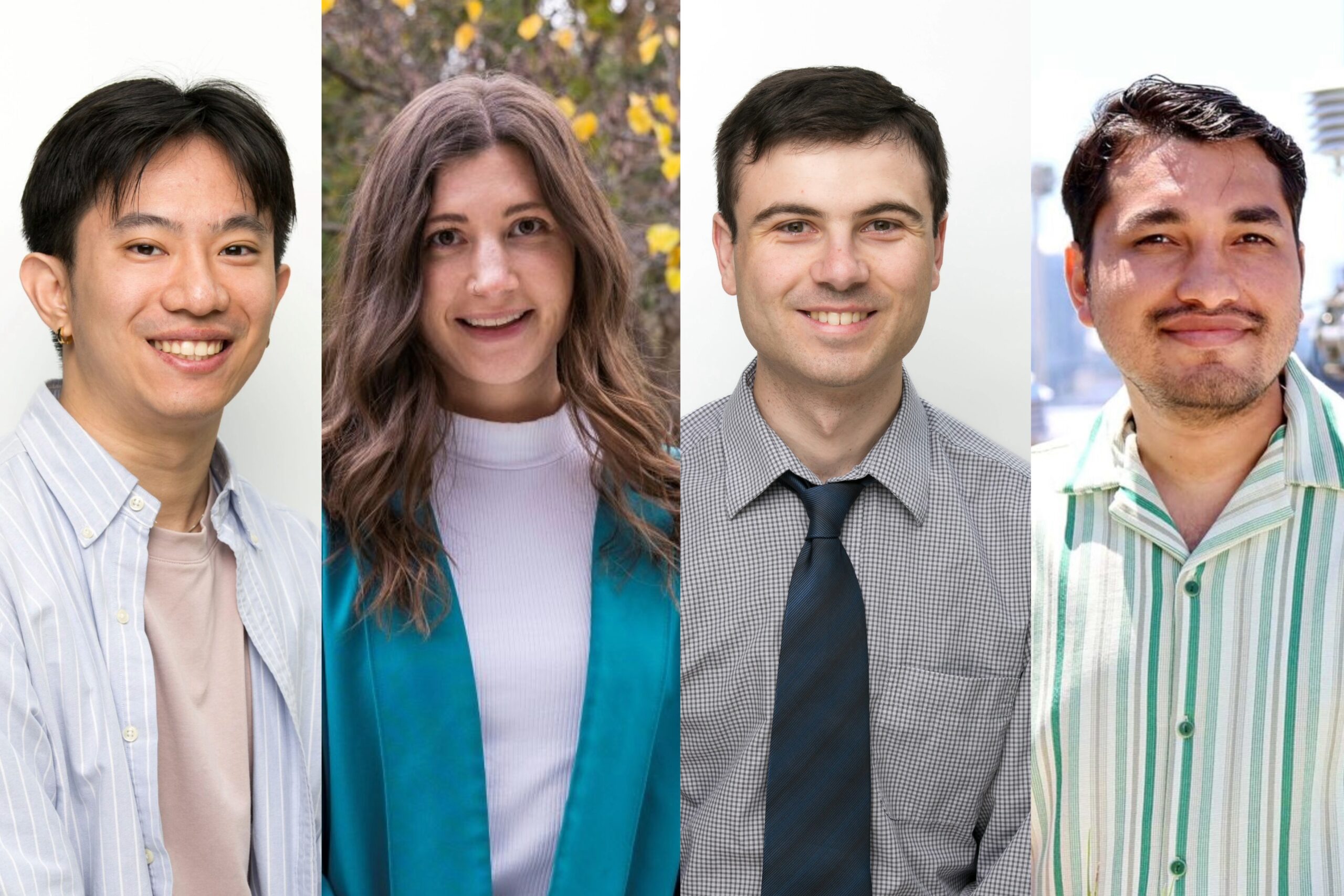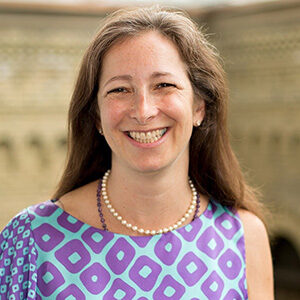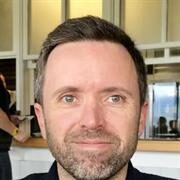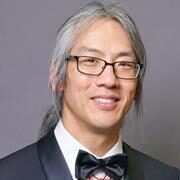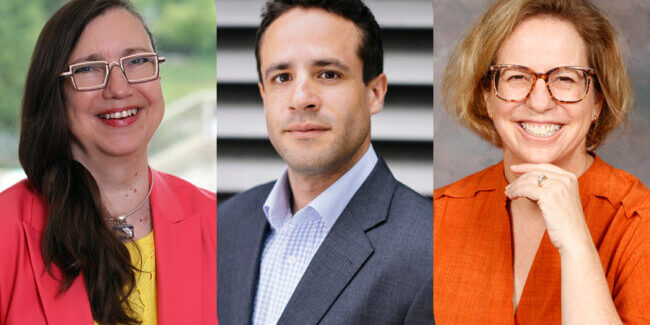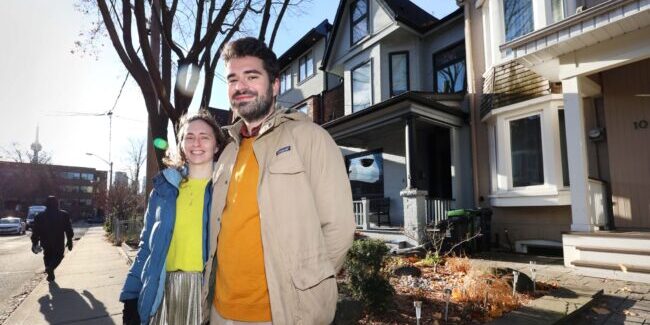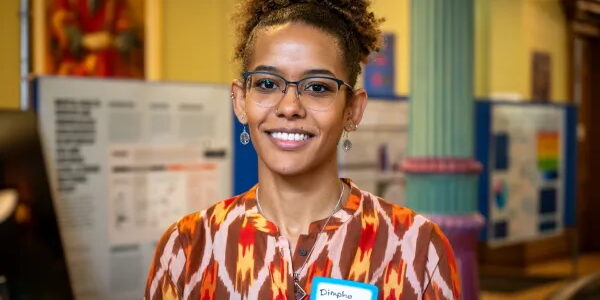Four U of T Engineering graduate students have been awarded Vanier Canada Graduate Scholarships for 2024. The award recognizes PhD students at Canadian universities who demonstrate excellence in the areas of leadership, research impact and academics.
Providing $150,000 in funding over three years, the scholarship will enable these doctoral students to address challenges such as improving stem cell transplantation for brain tissue repair following strokes and enhancing the safe navigation of mobile robots in outdoor environments.
This year’s recipients are:
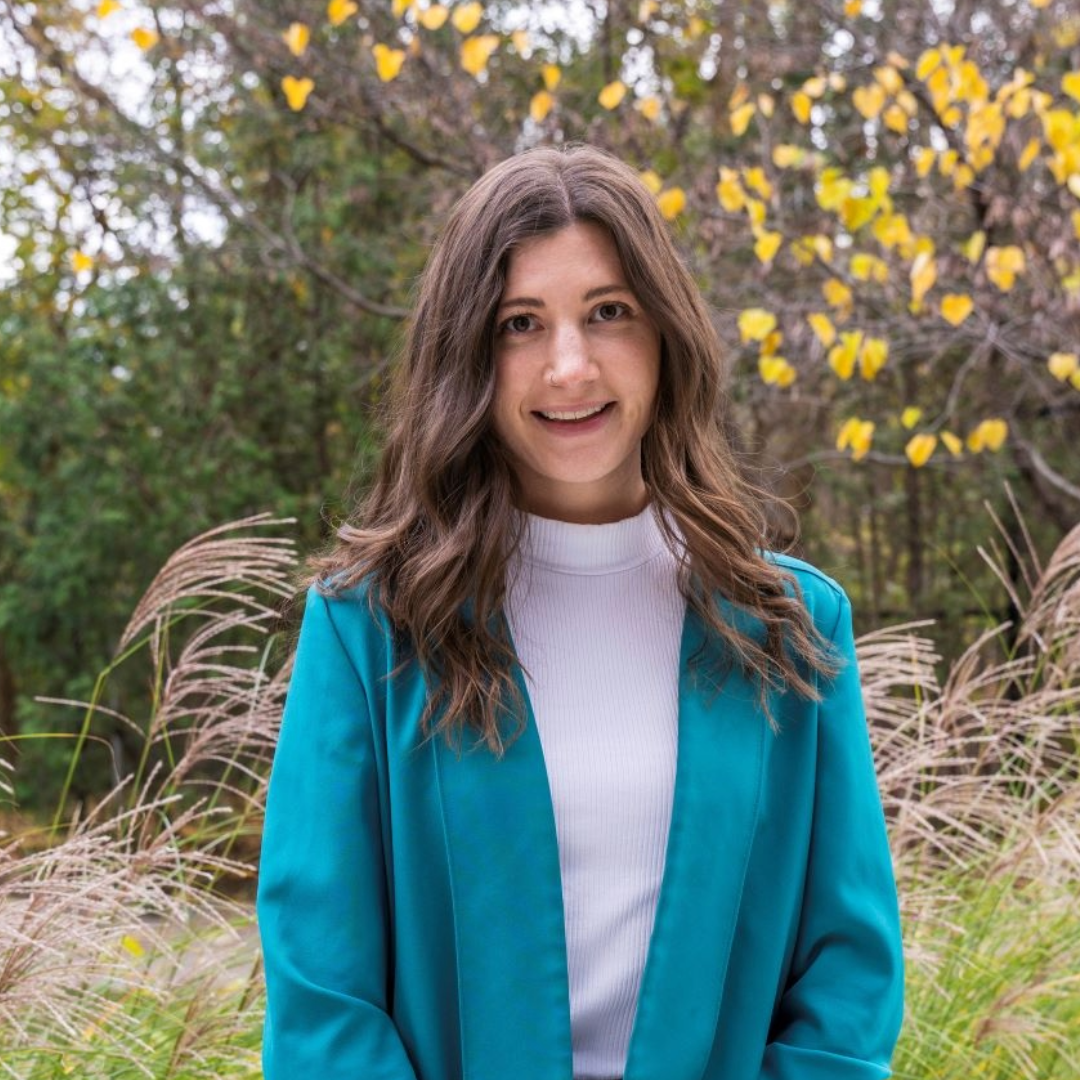
Erica Floreani (BME PhD student)
Floreani’s doctoral research focuses on improving the accuracy, reliability and usability of brain-computer interfaces (BCIs) for individuals with physical disabilities.
By integrating peripheral physiological signals such as eye movement, muscle activation and heart rate, Floreani aims to enhance EEG-based BCIs. Her research, which is supervised by Professor Tom Chau (BME), is closely tied to the BCI program at Holland Bloorview Kids Rehabilitation Hospital, ensuring practical application of her findings.
“This award provides a valuable platform to raise awareness about the importance of applying scientific advances to develop state-of-the-art assistive technologies that support people of all abilities,” says Floreani.
“With the resources afforded by the Vanier award, I can more deeply explore the objectives I set out in my doctoral research and hopefully generate more impact with my work. I am immensely grateful for this opportunity and am honoured to represent both BME and the University of Toronto.”
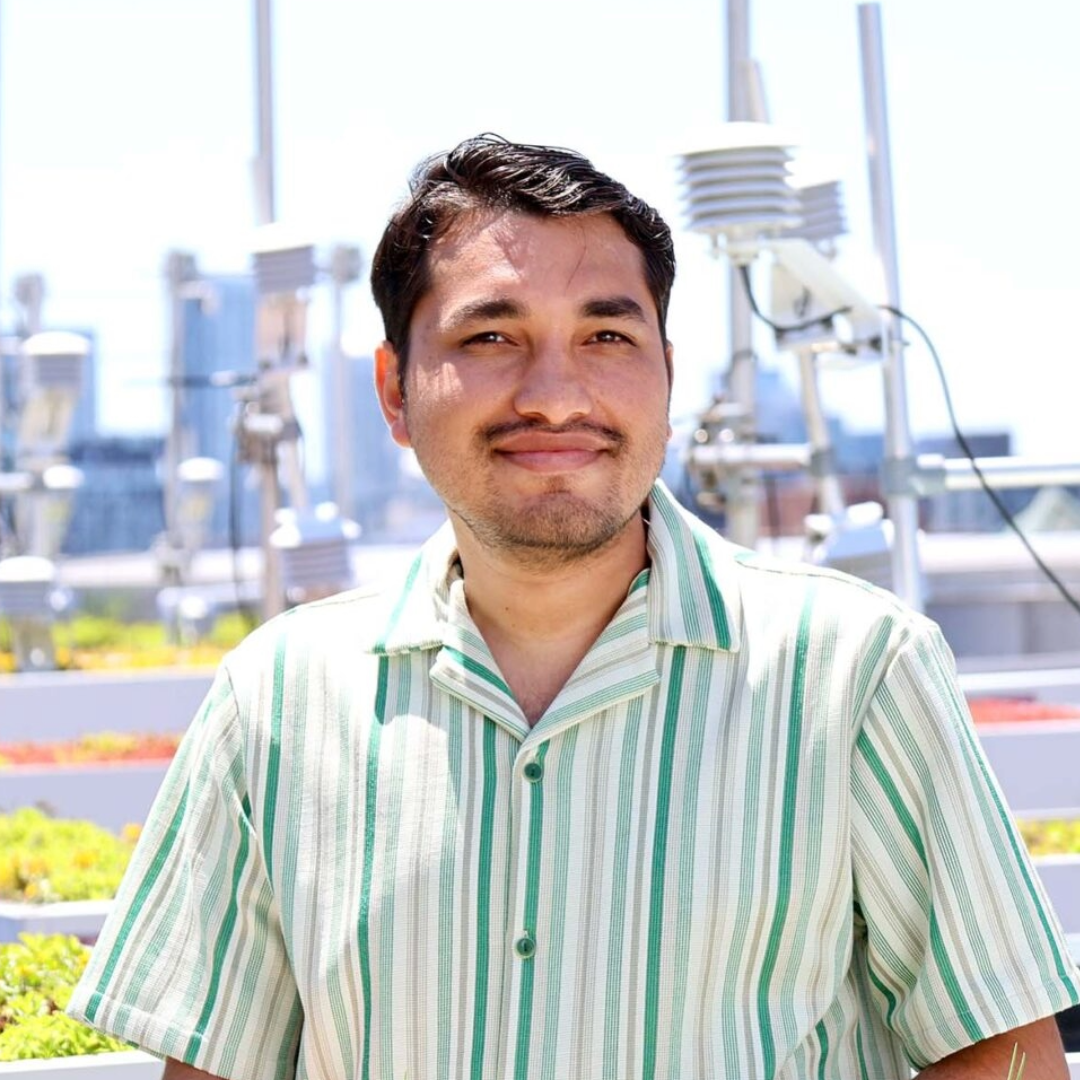
Bhabishya Khaniya (CivMin PhD student)
Khaniya’s research is in bioretention systems, a type of green stormwater infrastructure system that helps manage stormwater runoff generated from impervious areas. He is studying the failure mechanisms of these structures to identify bioretention designs and configurations that are least susceptible to failures and are universally resilient in different climates and communities.
“What [we] are seeing now is a lot of problems in terms of design, construction and maintenance of these systems, and as a result, these structures aren’t performing as they should,” says Khaniya, who is completing a joint PhD between the University of Toronto and the University of Melbourne.
Khaniya is grateful for the support and encouragement of his three thesis supervisors, Professor Jennifer Drake (CivMin), who now teaches at Carleton University, and Professors Chris Szota and Tim Fletcher from the University of Melbourne.
“This scholarship has motivated me even more to tackle research problems that can make a real impact on people’s lives now and in the future,” he says.
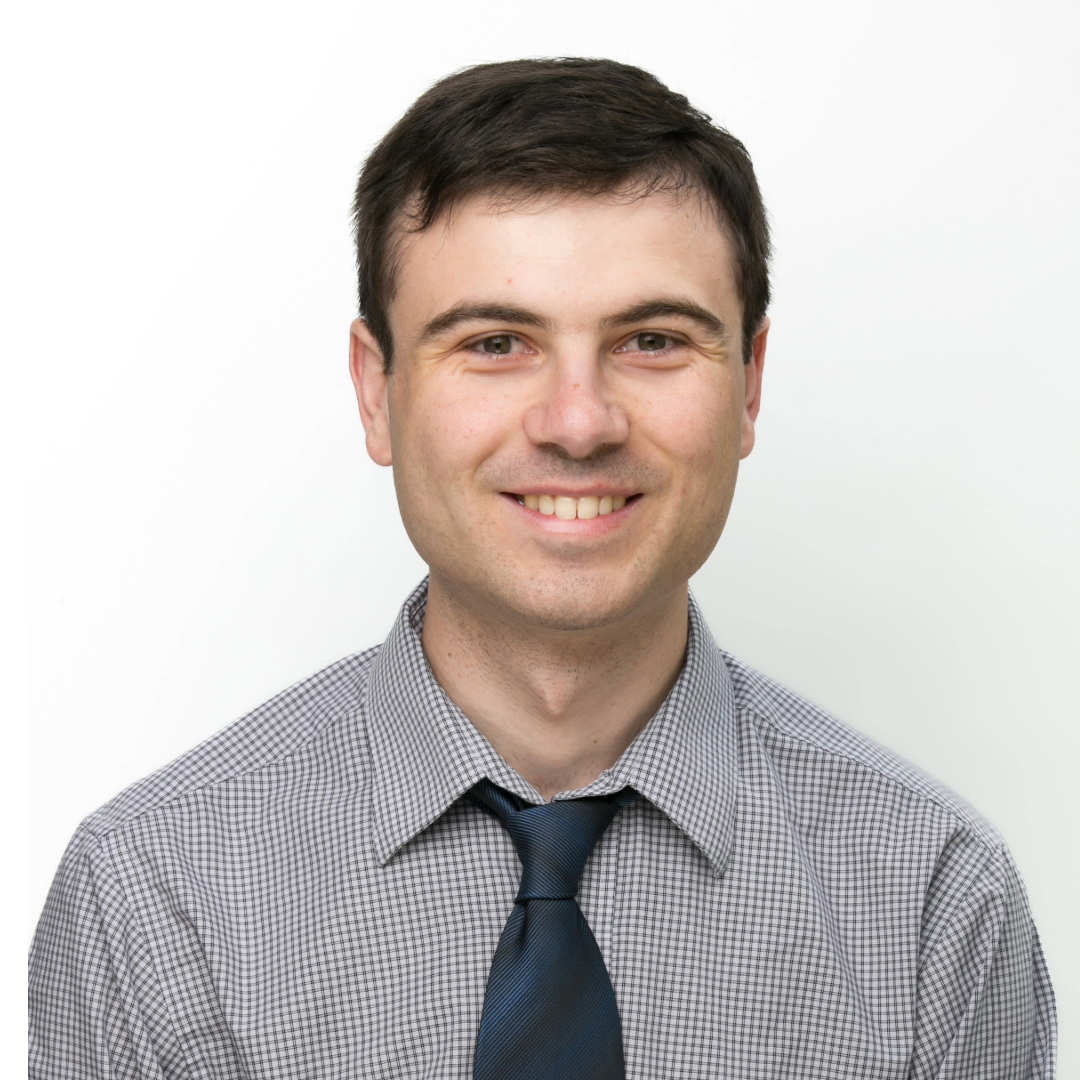
Alexander Krawciw (UTIAS PhD student)
Krawciw’s PhD research focuses on the safe navigation of mobile robots in outdoor unstructured environments. He is specifically working on artificial intelligence tailored for cameras and 3D laser scanners (LiDAR) that can adapt to the local experience of the robot.
“I am investigating how to use continual learning to improve robot performance during deployment,” he says. “Unstructured environments like forests, mines and extra-terrestrial navigation are difficult to anticipate and simulate ahead of time. By allowing robots to improve on the job, they will become faster and easier to deploy. Adaptation should allow the same core system to work in more contexts reliably.”
Krawciw, who is part of the Autonomous Space Robotics Laboratory, supervised by Professor Tim Barfoot (UTIAS), says he is honoured to receive a Vanier Scholarship.
“This award will allow me to focus on research and connect to a wider network of roboticists through conferences and other academic events,” he says.
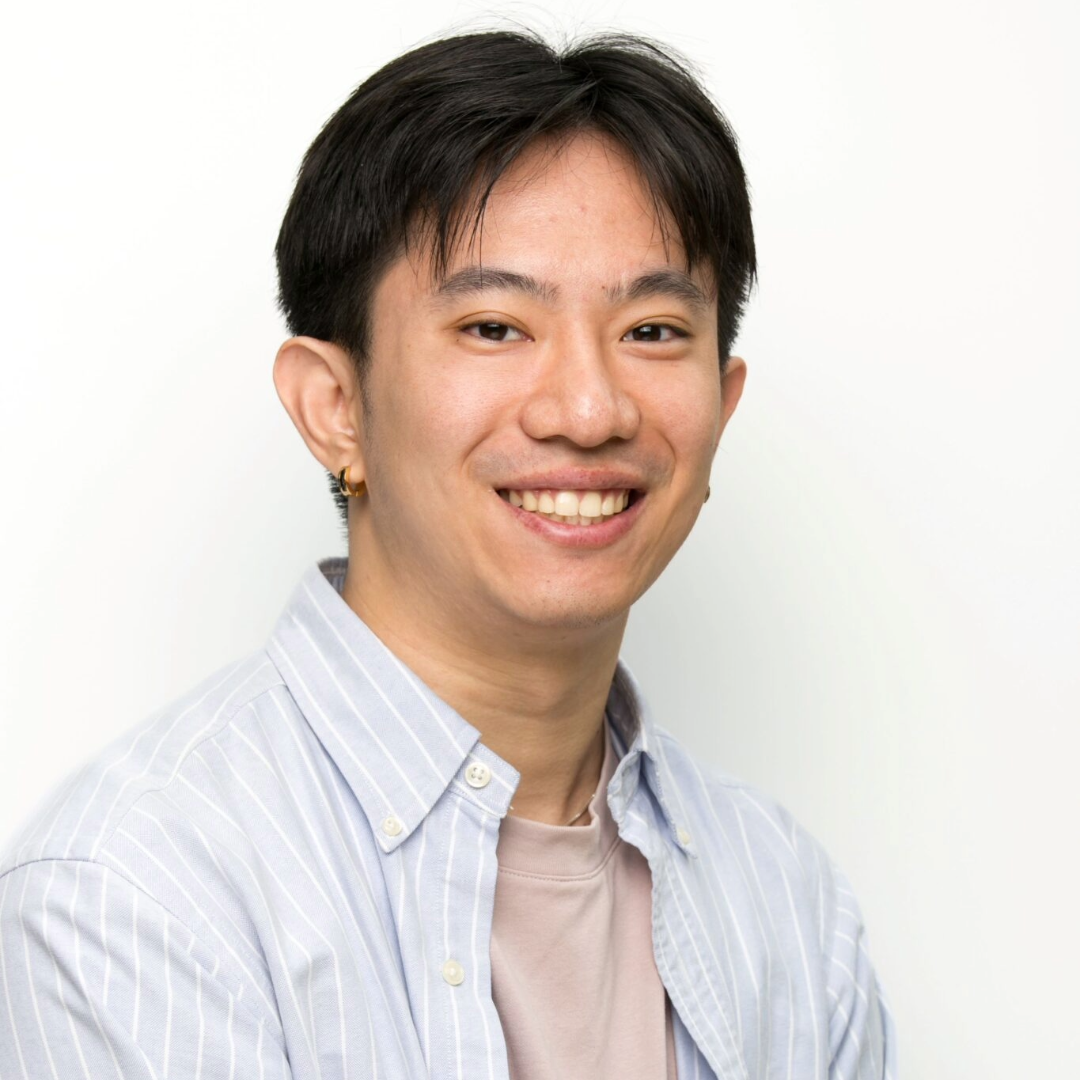
David Li (BME PhD student)
Li’s research addresses the challenges in stem cell transplantation for brain tissue repair following strokes. His innovative approach involves co-delivering neural stem cells with therapeutic proteins using biomaterials to create an anti-inflammatory environment, enhancing cell survival and tissue repair.
“The Vanier scholarship gives rise to amazing opportunities for international collaborations that advance innovation in tissue engineering and regenerative medicine across Canada. At the University of Toronto, I am privileged to collaborate with diverse interdisciplinary teams to develop therapeutic solutions for neurological diseases like stroke,” says Li, who is supervised by Professor Molly Shoichet (ChemE, BME).
“With the support of the Vanier scholarship, I hope to translate knowledge beyond the lab and into market-ready solutions that will benefit millions of stroke patients. The scholarship also highlights the tremendous support, inspiration and wisdom I have received from my advisors, mentors and friends throughout my journey.”

